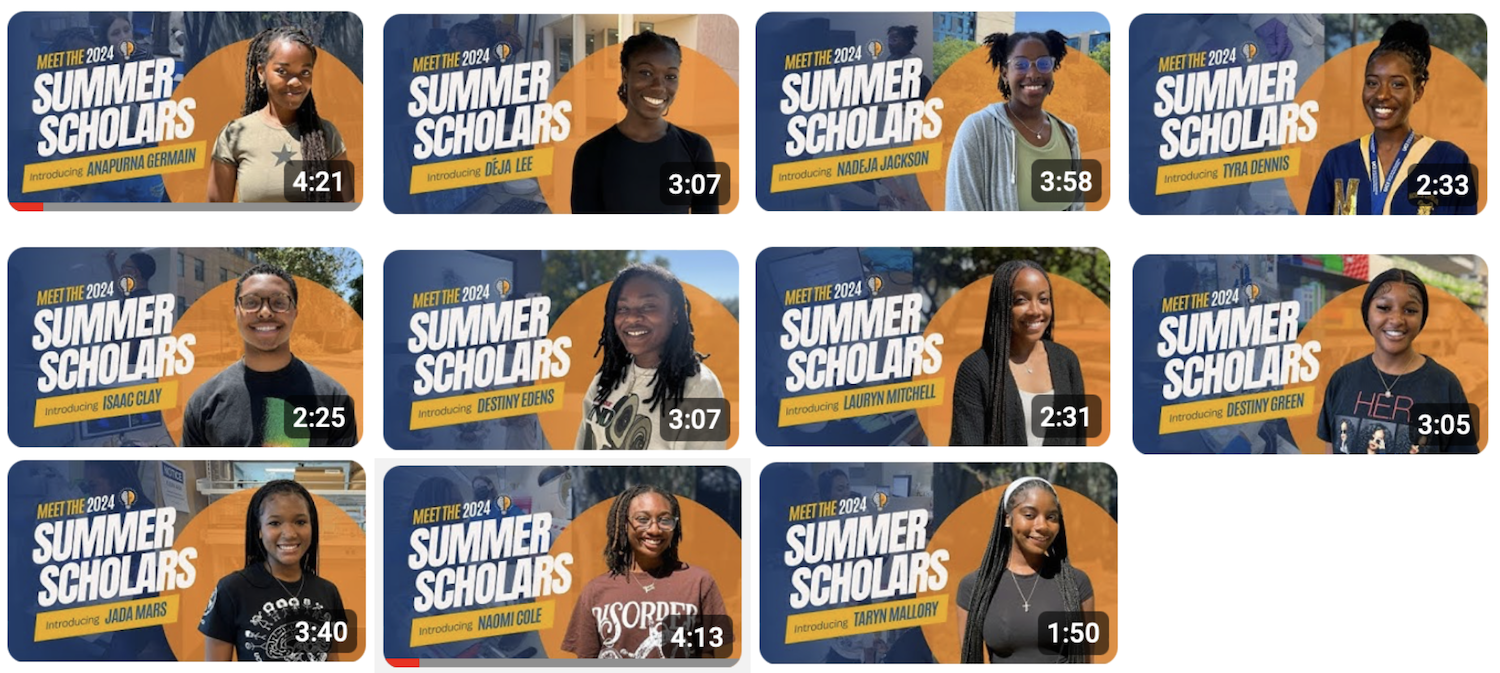The Irvine Summer Institute in Neuroscience Program
The summer 2025 application cycle is now closed.
The summer 2026 application will open in November of 2024.
Join the mailing list to receive updates.
A Message from the Director
Hello and welcome to the Irvine Summer Institute in Neuroscience! Housed at the University of California, Irvine's Center for the Neurobiology of Learning and Memory, this program aims to immerse undergraduate students in authentic, hands-on research in neuroscience-related areas and prepare scholars for success in graduate school and beyond. Each year, our program enrolls 20 students, with 10 of them receiving funding from the National Science Foundation's Research Experiences for Undergraduates Program and the remaining 10 supported by the University of California UC-HBCU Initiative. Our overarching goal is to foster an inclusive and supportive environment that nurtures a diverse community of future scholars poised to lead the groundbreaking discoveries of the future.
For those interested in learning more about our program, I encourage you to explore the insights and experiences shared by our past participants. Click here and here to learn directly from the 2023 and 2024 alumni. The summer 2026 application portal will open in November of 2024. Join the mailing list to receive updates.
Detailed information about the program and application process can be found below. Please feel free to reach out to me at Manuella.Yassa@uci.edu should you have additional questions.
Warmly,
Manuella Oliveira Yassa, PhD

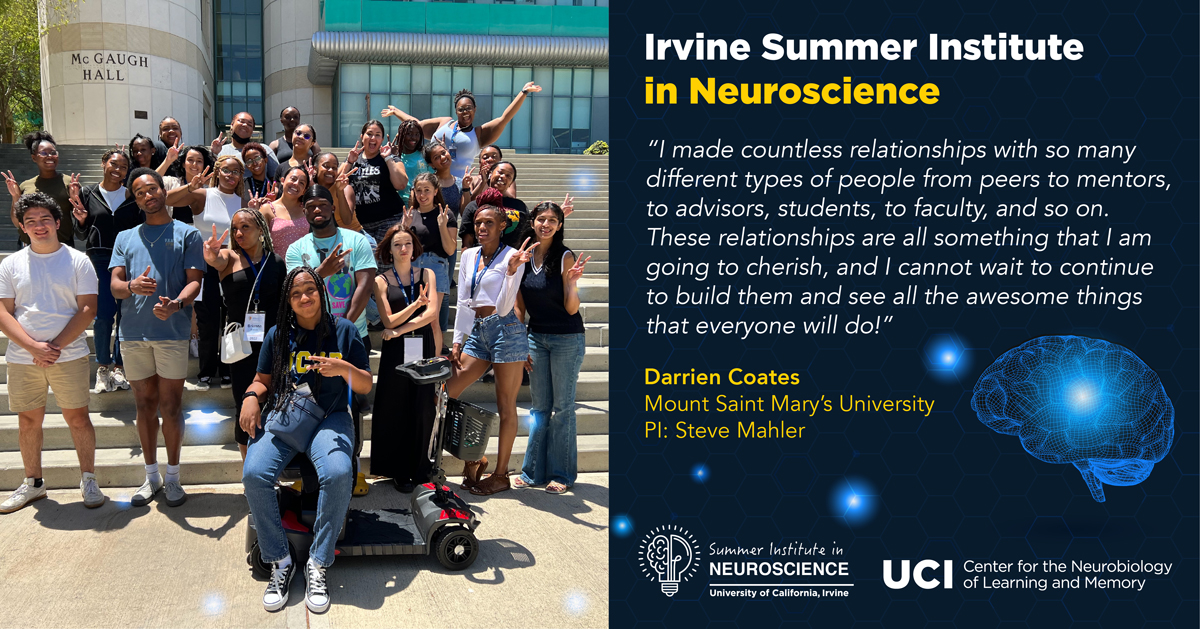
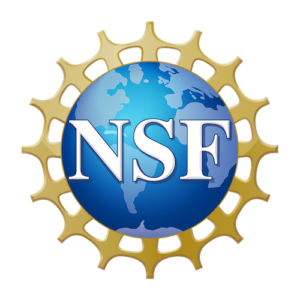
National Science Foundation Research Experiences for Undergraduates (NSF-REU)

Department of Defense Awards to Stimulate and Support Undergraduate Research Experiences (DoD ASSURE)

University of California Office of the President UC-Historically Black Colleges and Universities Initiative (UC-HBCU)
Read about the 2022 Program!
During the summer of 2022, the Summer Institute in Neuroscience hosted 24 students from around the country to participate in neuroscience research at UC Irvine. Read more about their experience!
Meet our partners
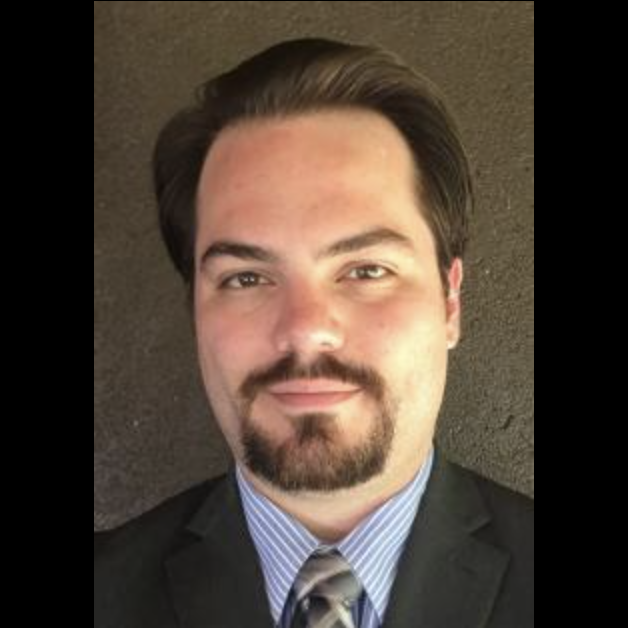
Christian Bravo Rivera, PhD
Assistant Professor of Psychiatry
University of Puerto Rico

Jeremy Cohen, PhD
Associate Professor of Psychology
Xavier University of Louisiana

Melissa Harrington, PhD
Associate Vice-President for Research
Director, Delaware Center for Neuroscience Research
Delaware State University

Sabrina McGary, PhD
Chair, Department of Biology
Delaware State University
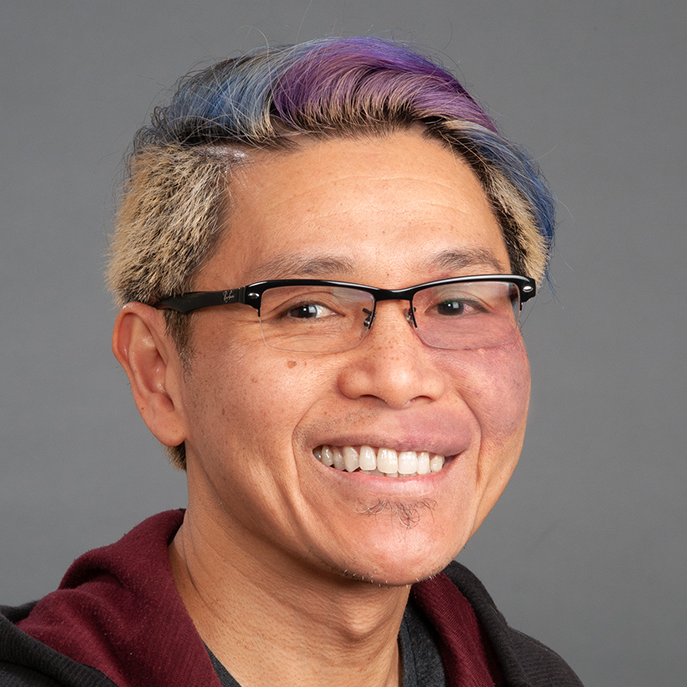
Farr Niere, PhD
Assistant Professor
North Carolina Agricultural and Technical State University
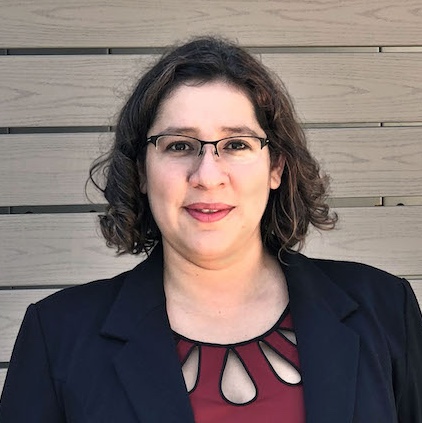
Erika Perez, PhD
Assistant Professor of Psychology
Xavier University of Louisiana

Adam Roberts, PhD
Associate Professor of Psychology
California State University, Fullerton

Gwendolyn Scott-Jones, PsyD
Dean, Wesley College of Health and Behavioral Sciences
Delaware State University
Irvine Summer Institute in Neuroscience Alumni
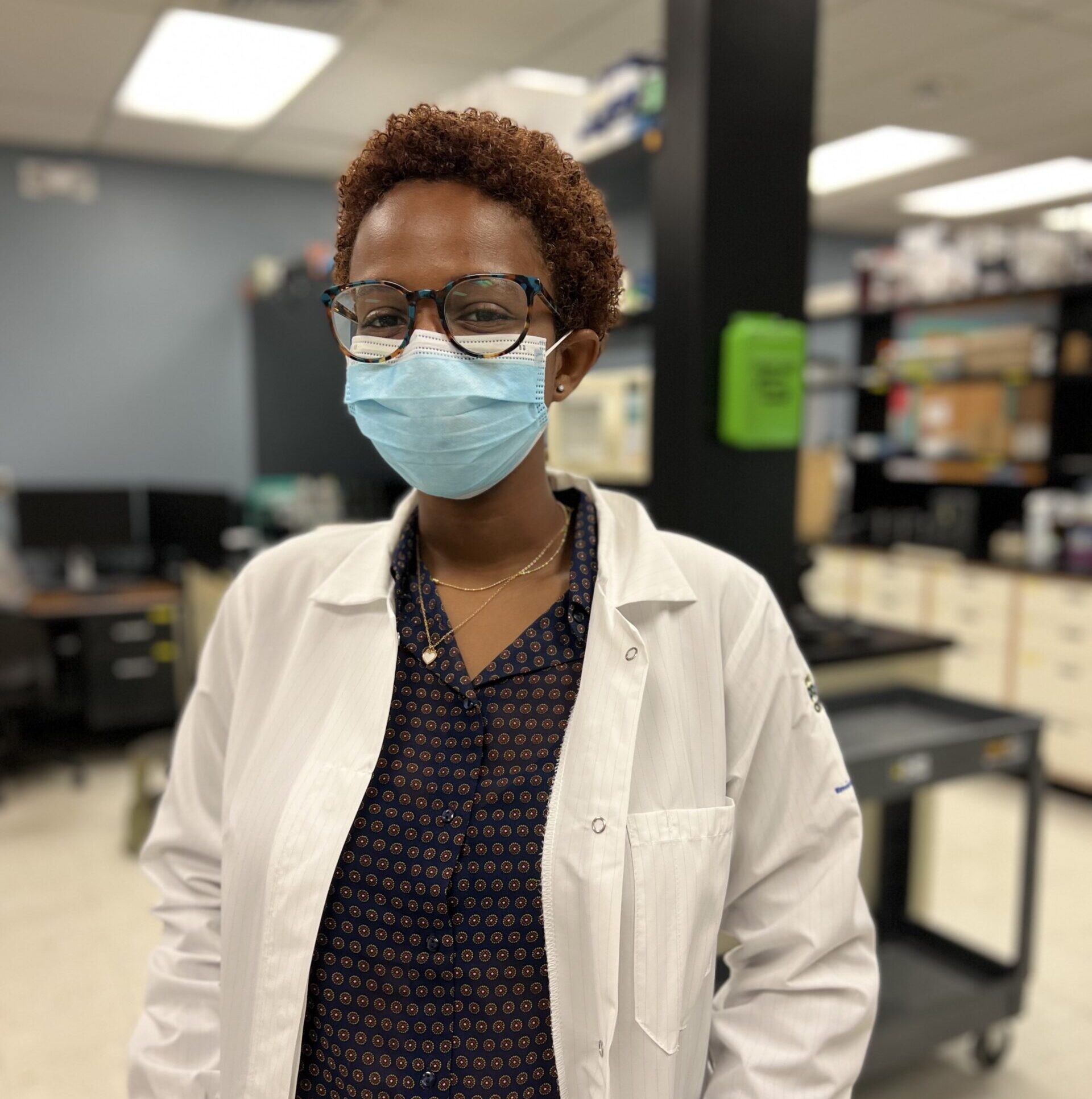
Chavara Bartley (2022)
Delaware State University (2023)
Currently taking a gap year before applying to graduate school

Emmanuella Bassey (2021)
University of Texas, Austin (2023)
Currently pursuing a Master's degree in Biology in Toulouse, France.
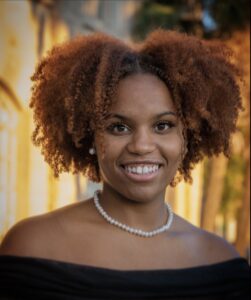
Drew Bookman (2022)
Xavier University of Louisiana (2023)
Currently pursuing a Medical Degree at LSU Health New Orleans School of Medicine
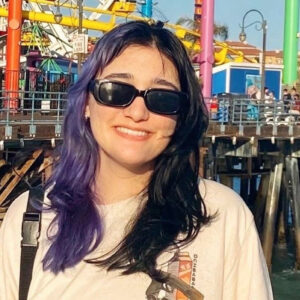
Amanda Borges Rivas (2021)
Florida International University (2023)
Currently pursuing a Master's degree in Clinical Mental Health Counseling.
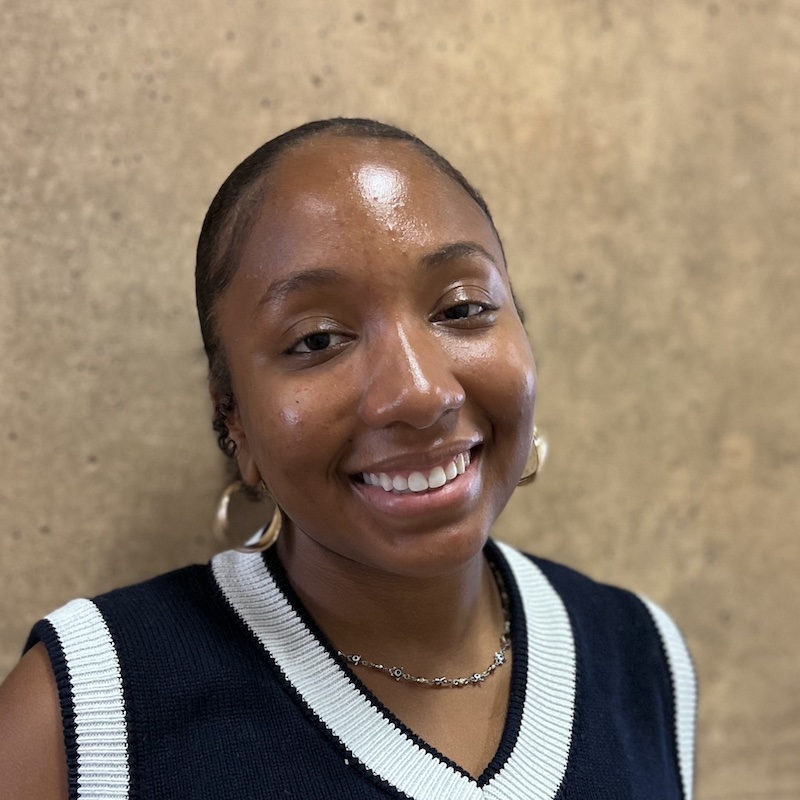
Brianna Bullock (2022)
Delaware State University (2023)
Currently participating in the Johns Hopkins University Post-Baccalaureate Research Education Program (PREP)
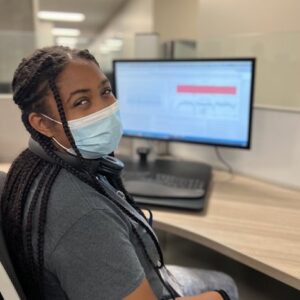
Angela Chapman (2022)
UC San Diego (2023)
Currently a Clinical Psychology PhD student at the University of Iowa
NSF GRFP Recipient (2023)
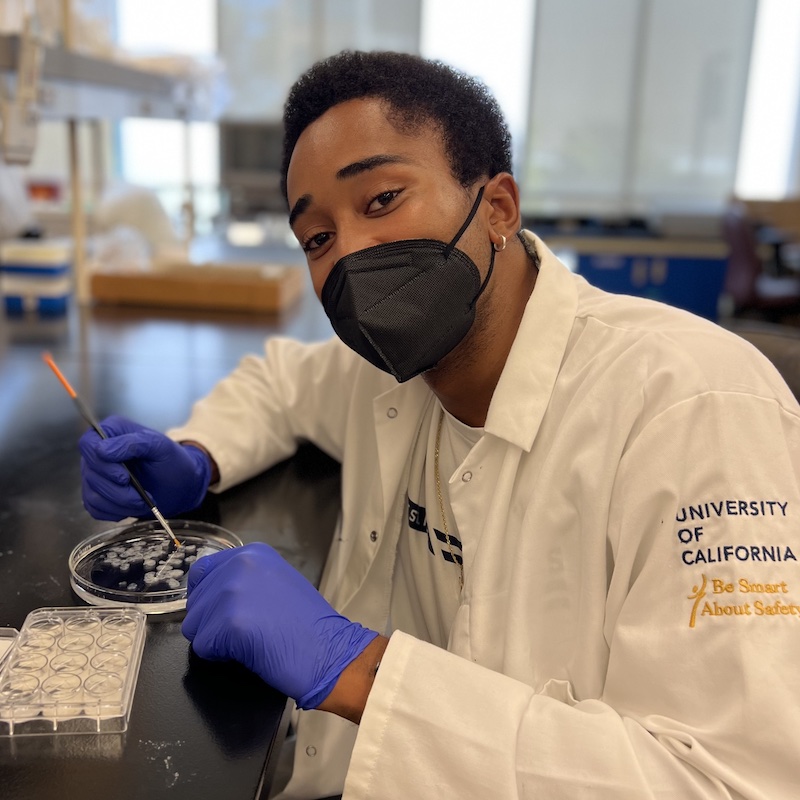
Darrien Coates (2022)
Mount St. Mary's University (expected graduation 2024)
Currently conducting summer research at Harvard University in the laboratory of Dr. Beth Stevens
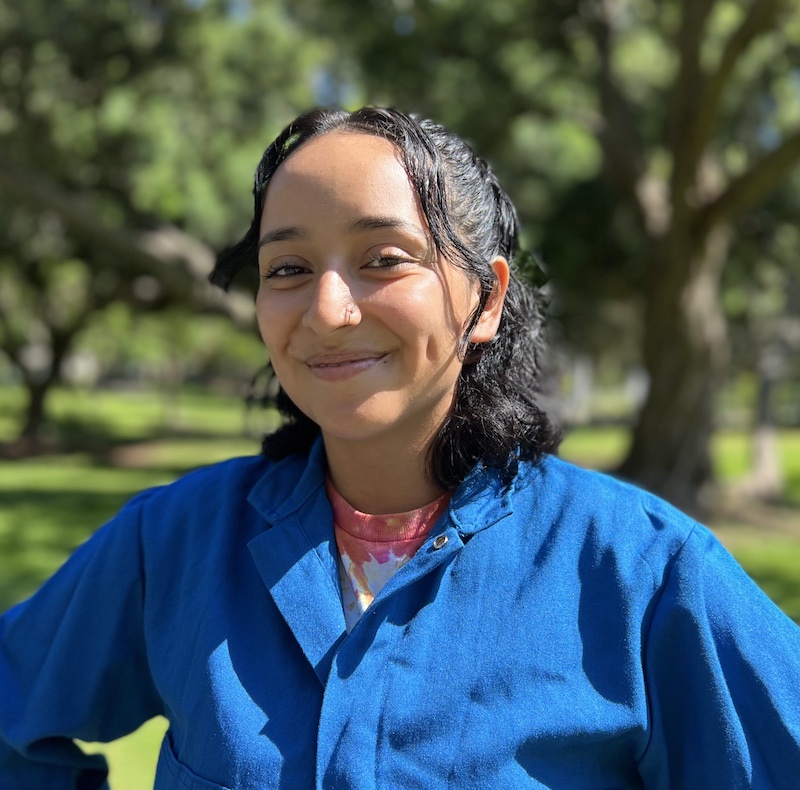
Gabriela Cornejo (2022)
Loyola University New Orleans (2023)

Jason Dennis (2022)
North Carolina A&T University (2023)
Currently a full-time research assistant at UCSF in the laboratory of Dr. Anna Molofsky.
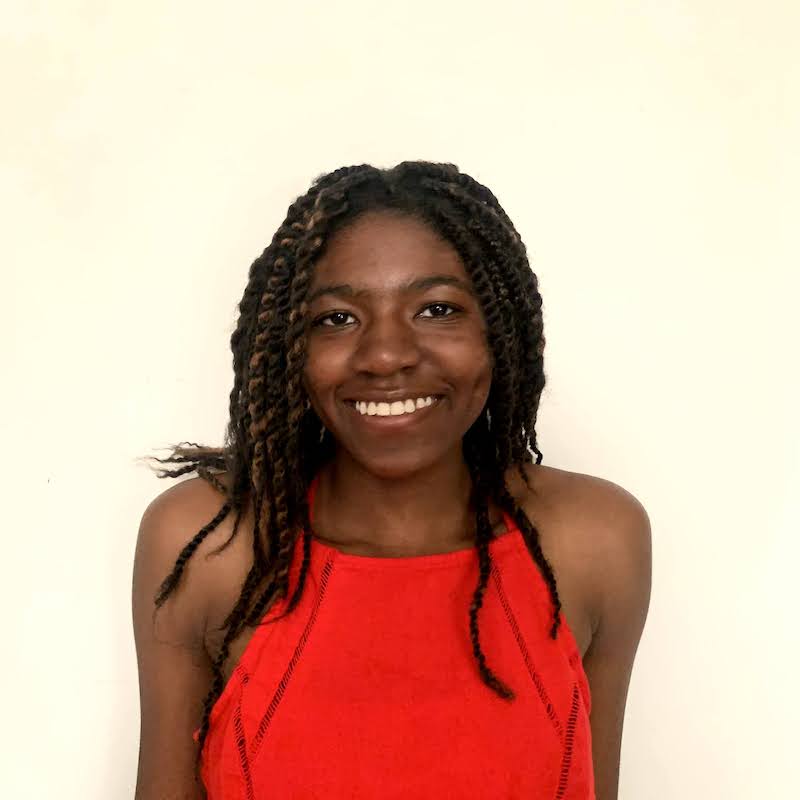
Danielle Dwaah (2022)
University of Maryland, College Park (expected graduation: 2024)
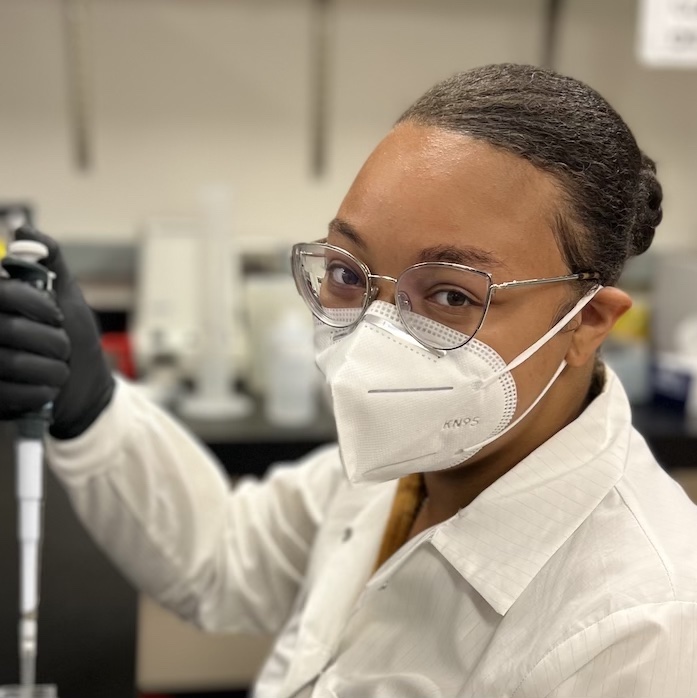
Anisa Fair (2022)
Morgan State University (expected graduation 2024)
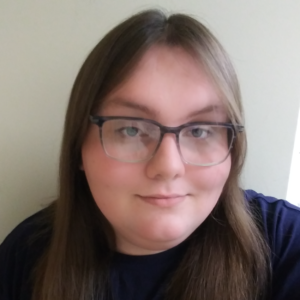
Michael Hicks (2021)
University of Michigan (2023)
Currently pursuing a Postbac Research Position in perceptual science at Meta/Facebook

Raven James (2022)
Xavier University of Louisiana (2023)
Currently pursuing a Master's Degree in Mental Health Counseling
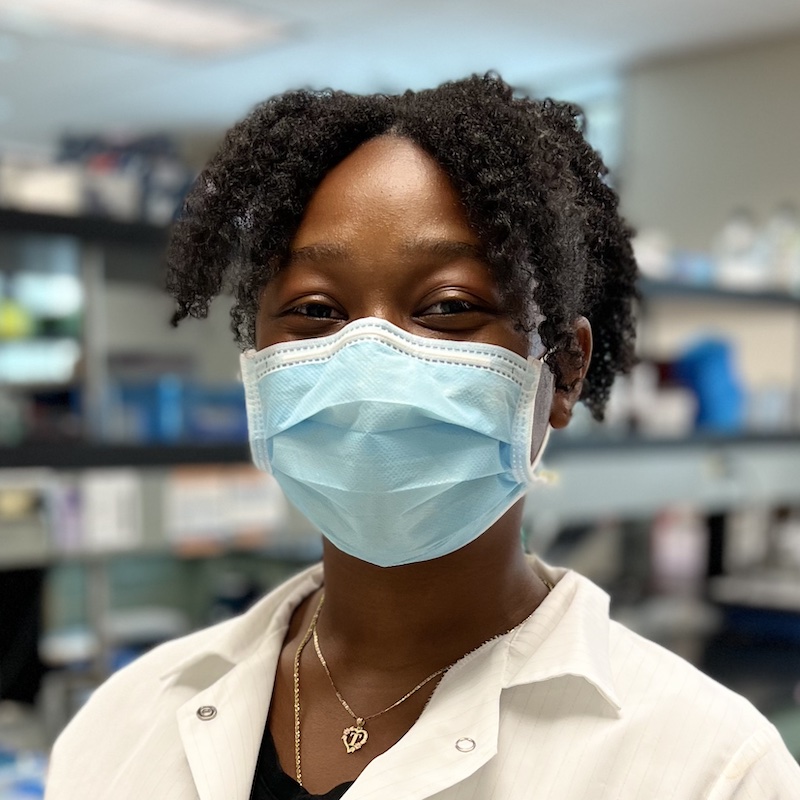
Tamara Jones (2022)
Xavier University of Louisiana (expected graduation 2024)
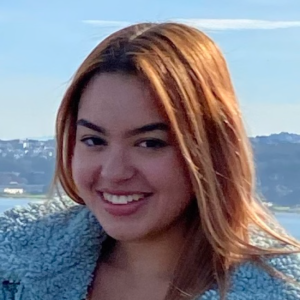
Cinthya Maldonado (2021)
Williams College (2023)
Currently a Research Specialist at the University of Wisconsin-Madison.
Recipient of a National Eye Institute Diversity Supplement for redefining culturally adapted implementation program for teleophthalmology among Latinx patients.
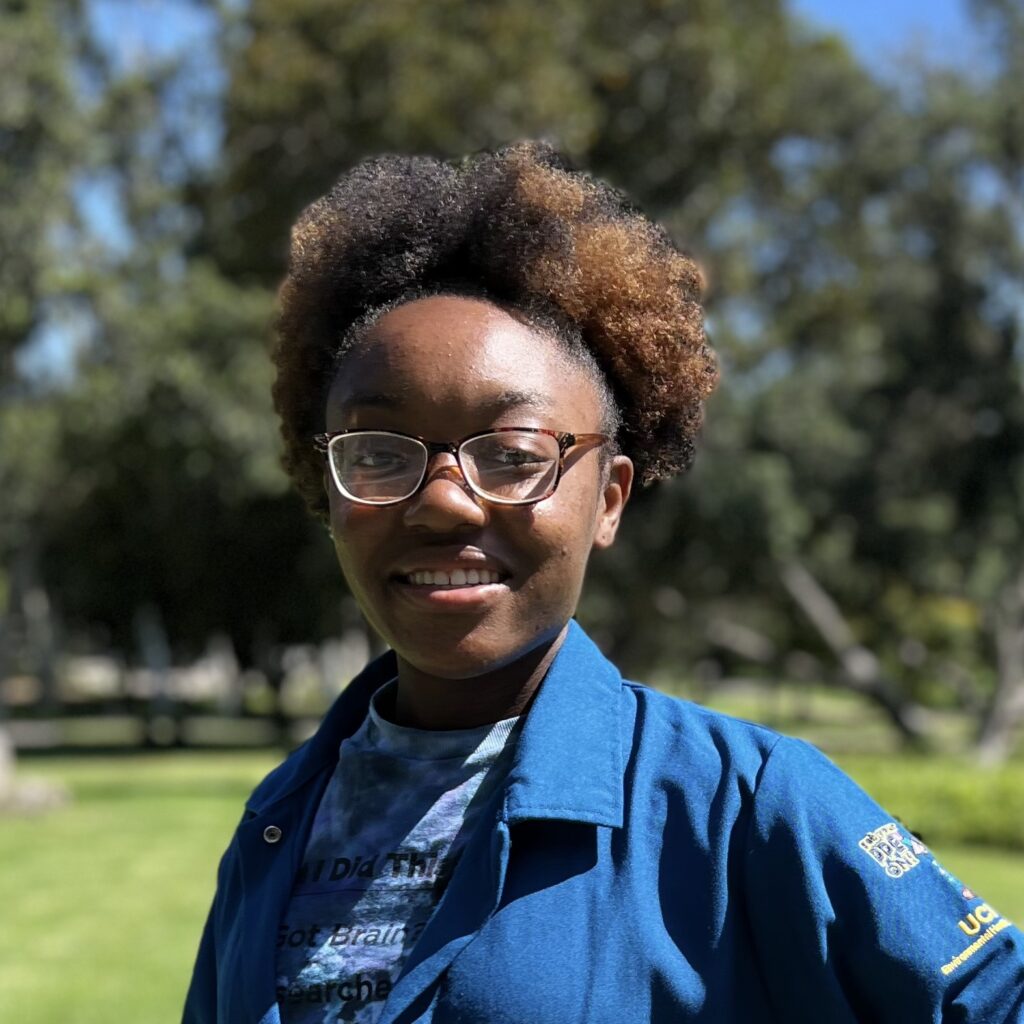
Jaela Melton (2022)
North Carolina A&T (2024)
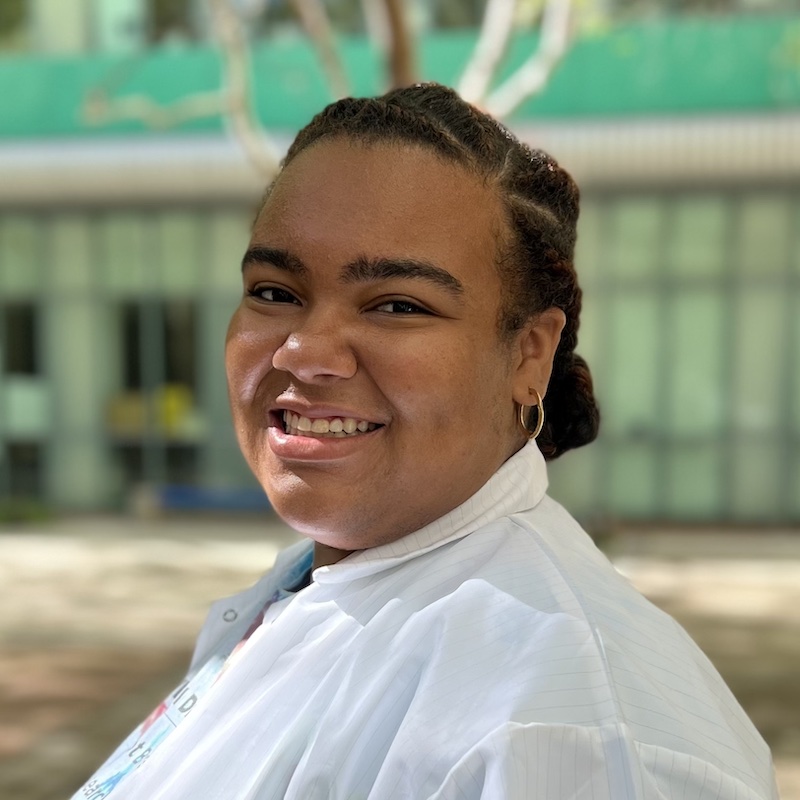
Tatyana Murphy (2022)
Xavier University of Louisiana (2023)
Currently a Clinical Psychology PhD student at Jackson State University in Mississippi
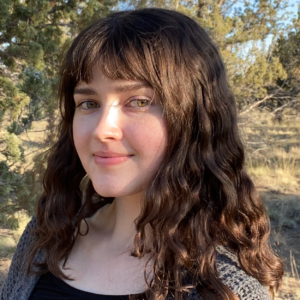
Vivian Nye (2021)
Wellesley College (2023)
Currently pursuing a Medical Degree at Oregon Health Sciences University Medical School.
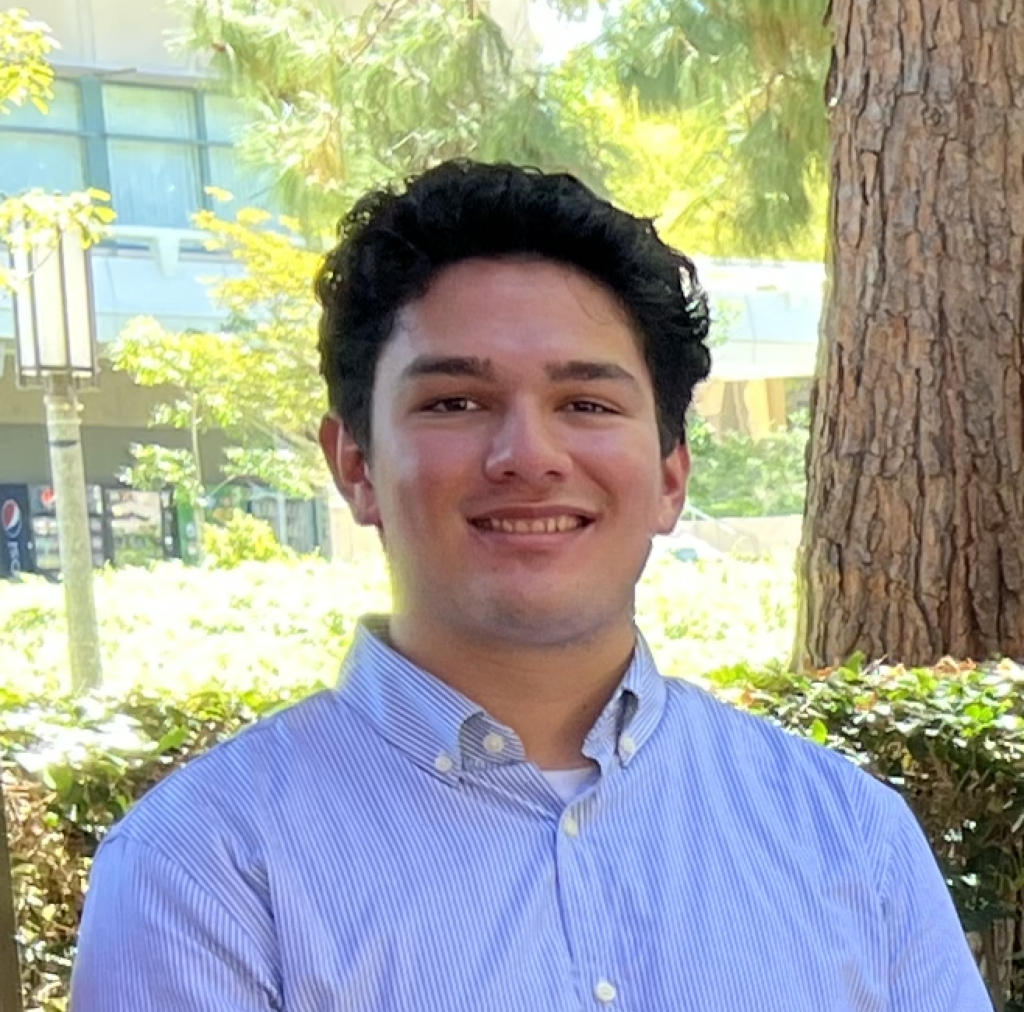
Kepler Palacio-Soto (2022)
University of Rochester (2023)
Currently a Research Specialist/Lab Manager at Princeton University

Alexandria Richardson (2021)
University of California, Riverside (2022)
Currently a PhD student at the University of California, Irvine.

Carly Rodriguez (2022)
Urnisus College (2023)
Currently a PhD student at the Tufts University Neuro at JAX program.
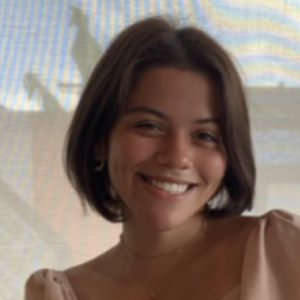
Sabrina Santos (2021)
University of Puerto Rico (2023)
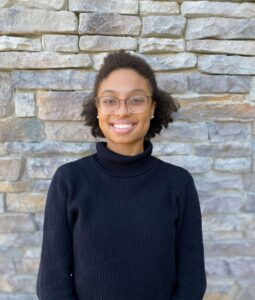
Jordan Sigler (2021)
Penn State University (2022)
Currently a Clinical Research Coordinator at Penn State.
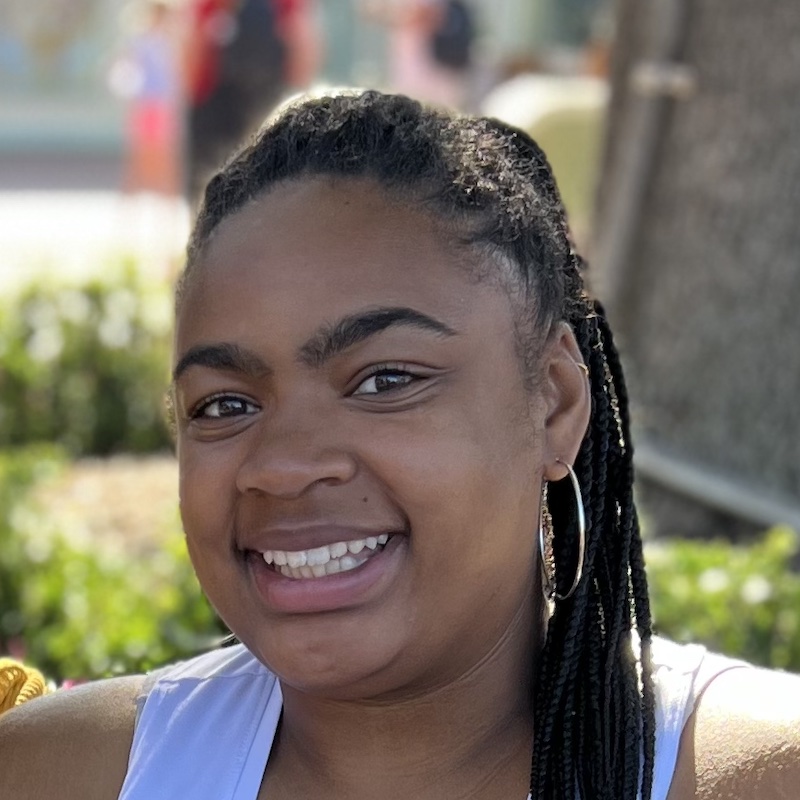
Morgan Skinner (2022)
Delaware State University (2023)
Currently conducting research at NIH as a Helena Mishoe Postbaccalaureate Fellow

Zoe Treadwell (2022)
Hampton University (2023)
Currently a PhD student at the University of California, Irvine Interdepartmental Neuroscience Program
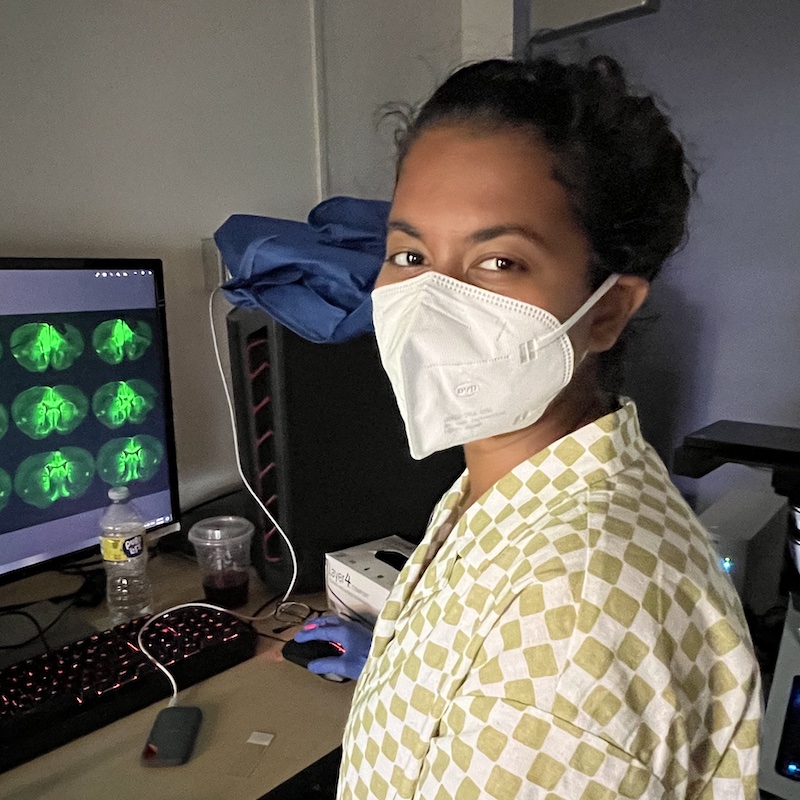
Nishtha Tripathi (2022)
St. Bonaventure University (expected graduation 2024)
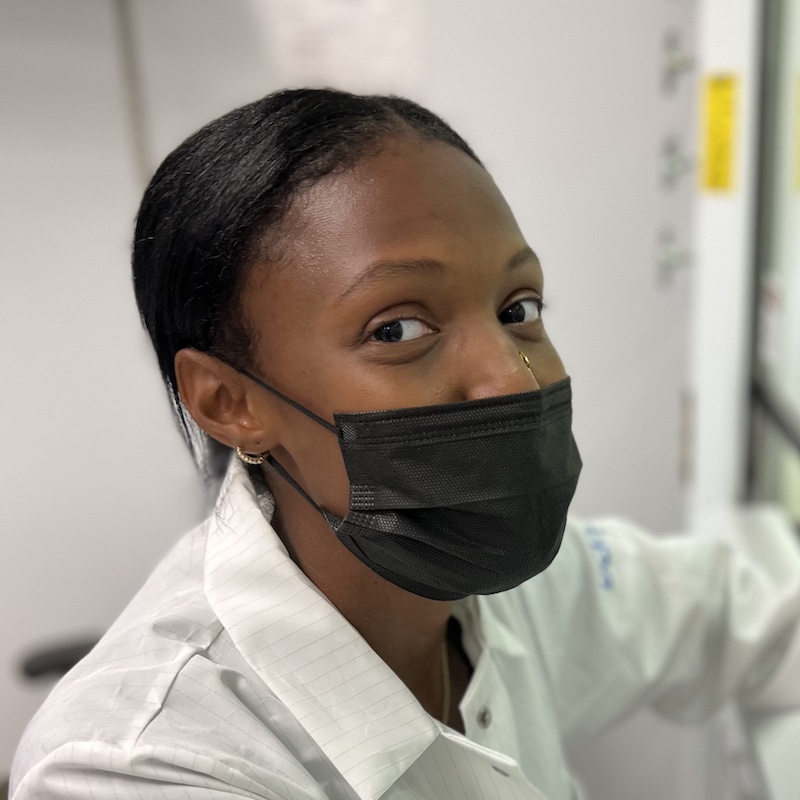
Rebekka Twine (2022)
Delaware State University (2023)
Currently pursuing a PhD at the University of California, Davis
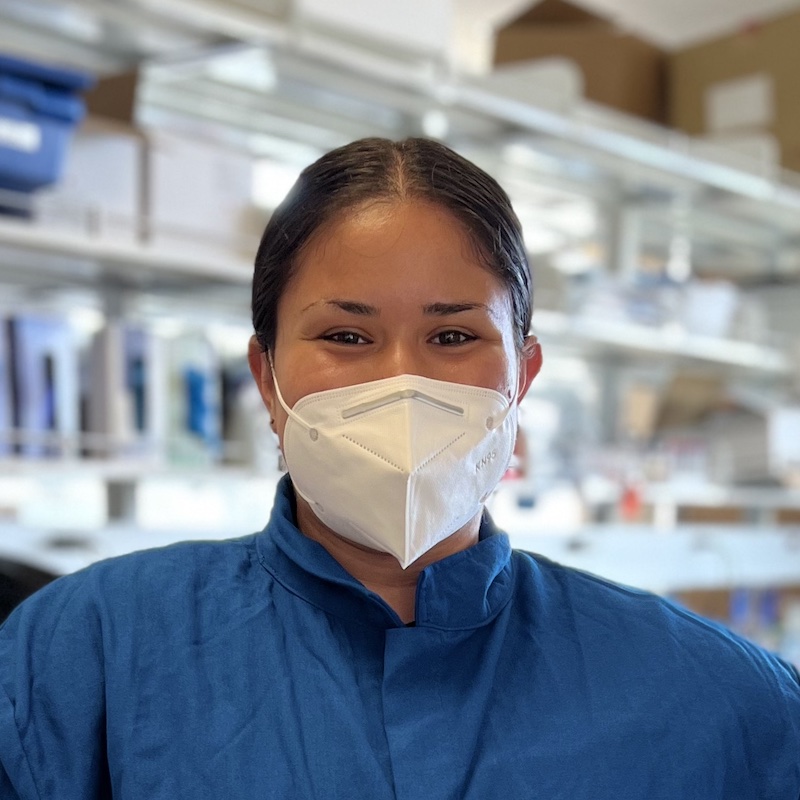
Dyane Velazquez (2022)
Vanguard University (2023)
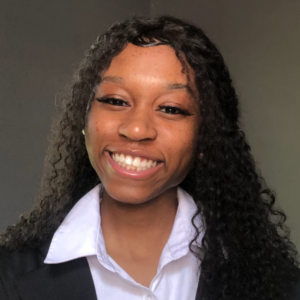
Nya Weems (2021, 2022)
Claflin University (2023)
Currently participating in the Harvard University Program in Neuroscience Postbaccalaureate Program.

Hope Zamora (2021)
Northeastern University (2023)
Currently conducting research at Massachusetts General Hospital.

